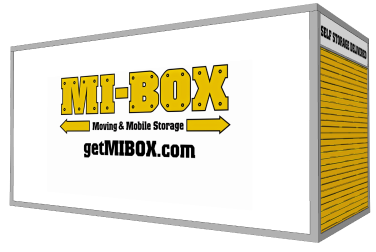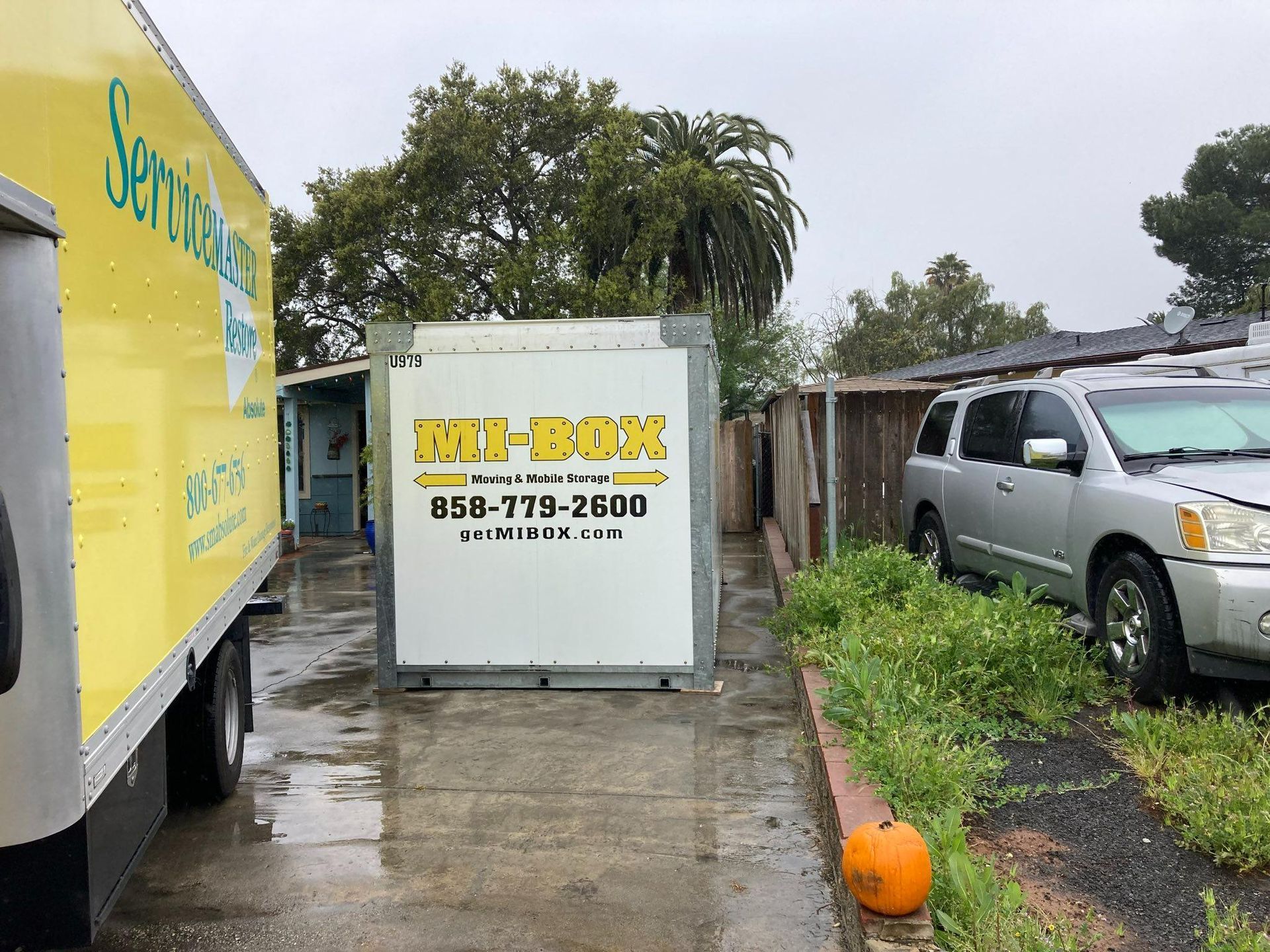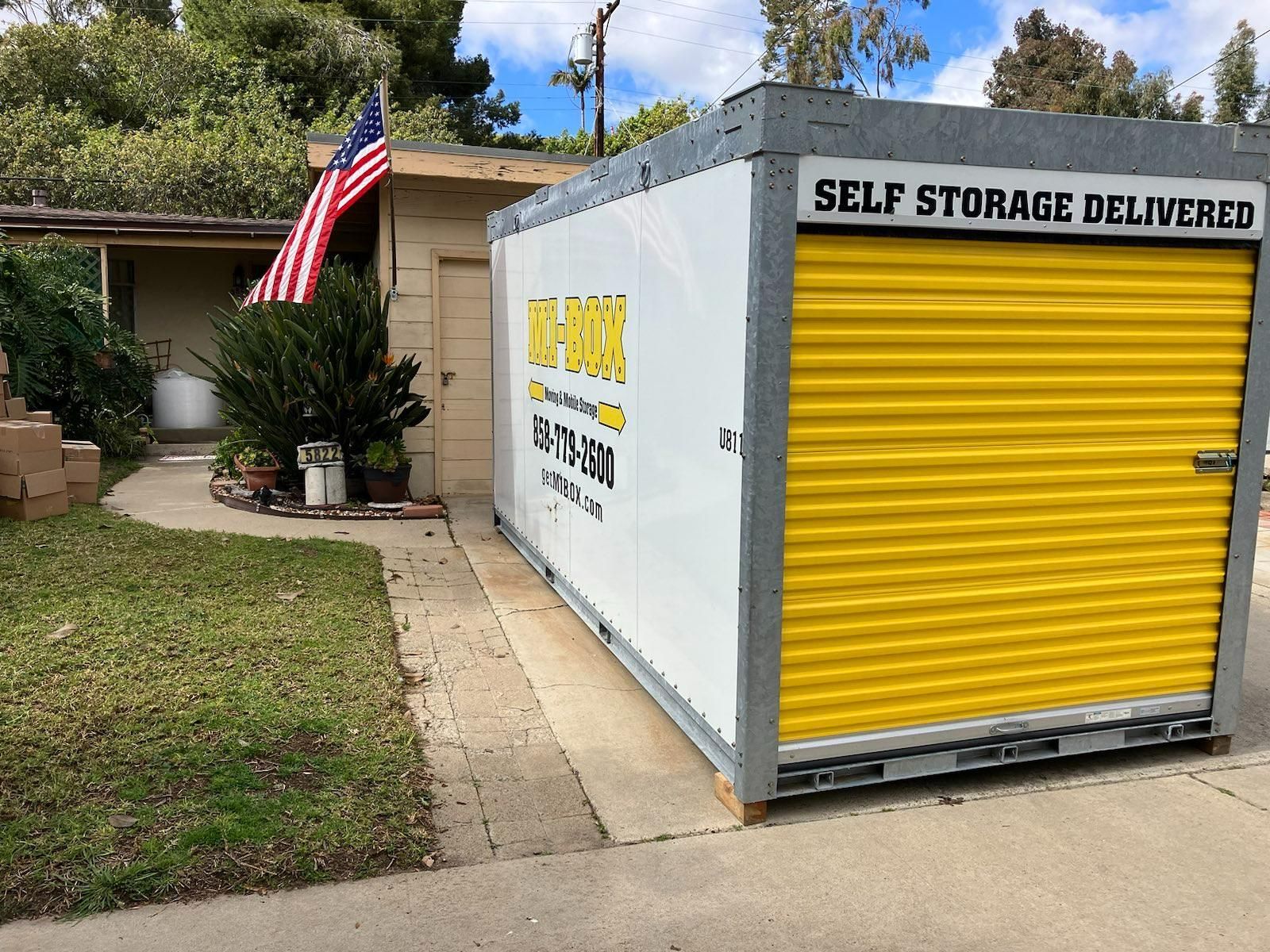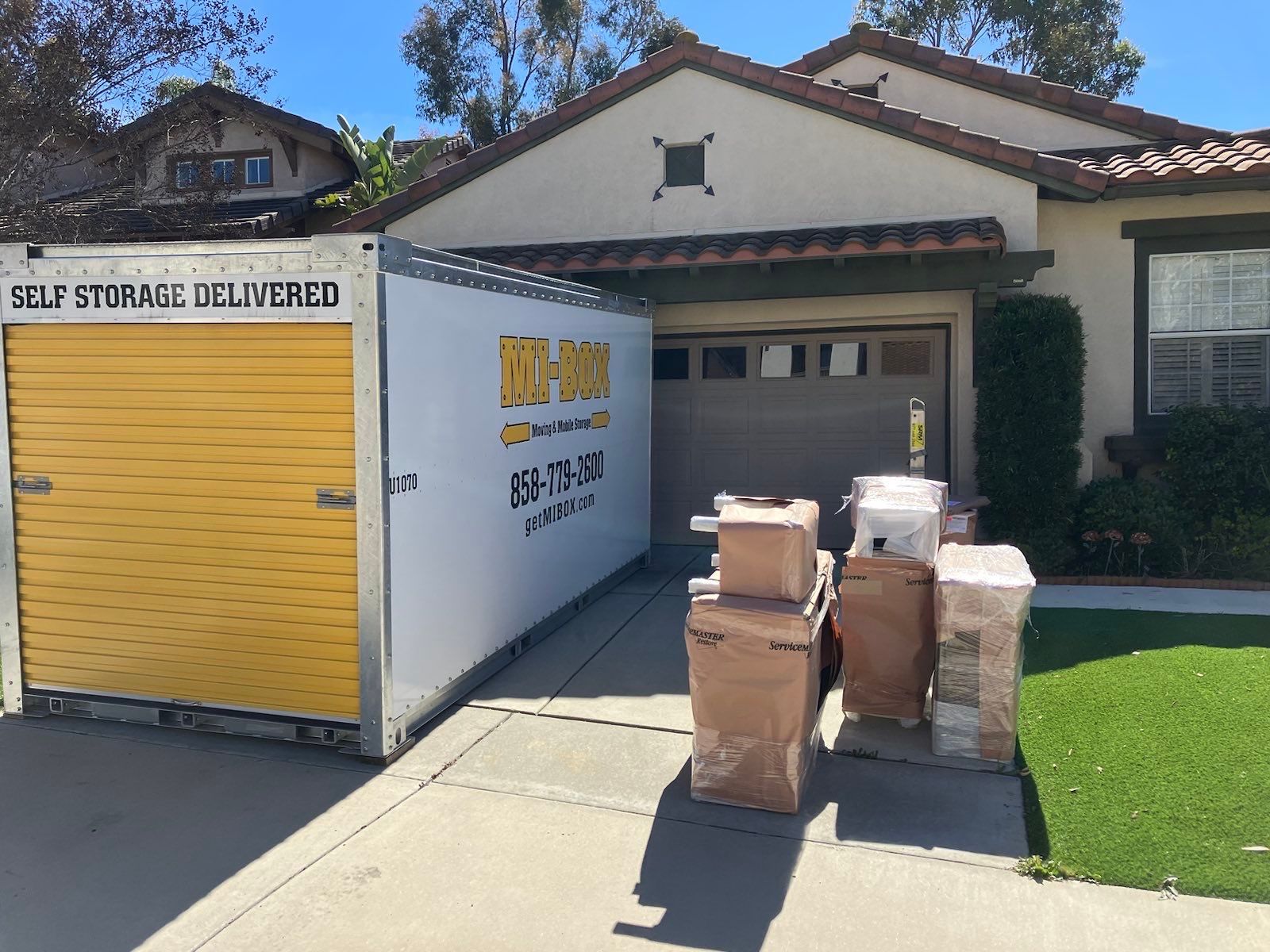Choosing Your Portable Storage Provider: 7 Key Questions to Ask
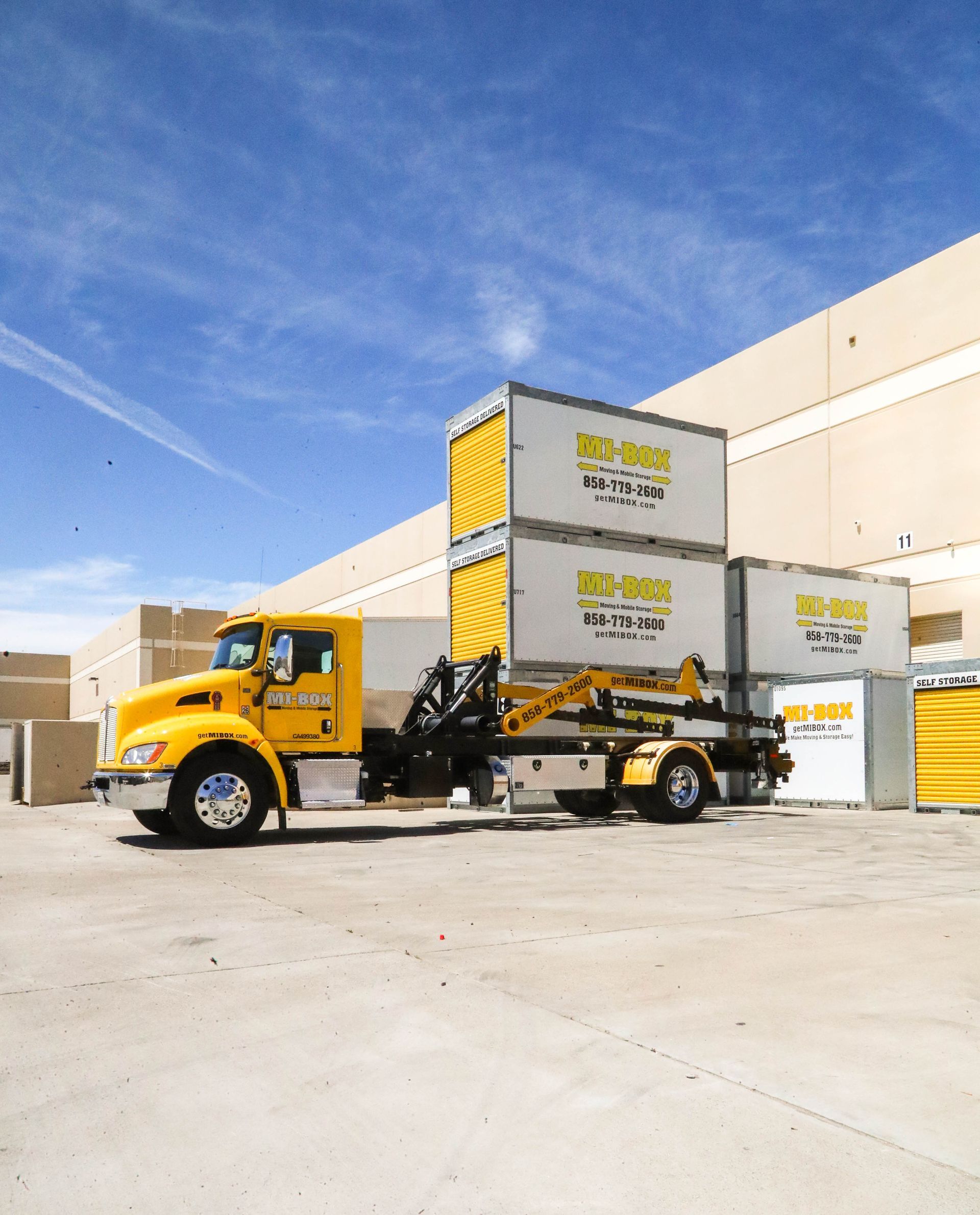
Choosing the right portable storage provider is more than just picking the first name you see. It's about finding a partner that meets your specific needs, budget, and timeline, and securing your belongings so your experience is stress-free. Asking the right questions upfront can save you from unexpected costs, frustrating delays, and damaged items down the line.
1. What container sizes are available, and which best fits my needs?
Portable storage containers come in various sizes, typically ranging from small (e.g., 8-foot) to large (e.g., 16-foot or 20-foot). Knowing the exact dimensions and cubic feet of each can significantly impact your packing strategy.
The Pain Point: Many people either underestimate or overestimate the space they need. If you choose a container that's too small, you might end up needing a second (and costly) unit or leaving items behind. If it's too large, you'll be paying for unused space, which is a waste of your hard-earned money. Both scenarios lead to frustration and budget overruns.
Did You Know? Many providers offer online "space calculators" or guides that help you estimate the container size based on the number of rooms or common household items you plan to store. Take advantage of these tools!
2. Are their containers weather-resistant and secure (e.g., steel construction, sturdy latches)?
The primary purpose of a storage container is to protect your belongings. The materials and security features are paramount to this protection.
The Pain Point: Flimsy construction or inadequate locking mechanisms can leave your valuables vulnerable to theft, water damage, mold, or pests. Imagine opening your container after a rainy season only to find your cherished furniture warped or your electronics ruined by moisture. Inferior materials can also lead to rust and structural issues over time.
Did You Know? Most reputable portable storage companies use heavy-gauge steel for their containers, similar to shipping containers, which are designed to withstand harsh weather conditions and deter break-ins. Look for containers that allow you to use your own padlock on a secure, recessed lock box for maximum peace of mind.
3. What are the rental terms, including monthly fees, delivery, and pickup charges? Are there hidden fees?
Understanding the full financial commitment upfront is critical to budgeting for your storage solution.
The Pain Point: Many companies advertise a low monthly rental rate, but fail to clearly disclose additional charges like delivery fees, pickup fees, fuel surcharges, mileage fees, or even charges for specific delivery windows. You could find yourself facing a bill significantly higher than expected, leading to financial strain and a sense of being misled.
Did You Know? Always ask for a total cost estimate that includes all potential fees from start to finish. Some companies might offer discounts for longer rental periods or waive certain fees if you store the container at their facility.
4. How flexible are their delivery and pickup schedules?
Your schedule is unique, and you need a provider that can work within your timeline, especially during significant life events like moves or renovations.
The Pain Point: Inflexible scheduling can cause massive headaches. If the company can't deliver or pick up when you need them to, you might face delays with movers, contractors, or even closing dates on a home. Being tied to a narrow, inconvenient window can force you to rearrange your entire day or pay for idle time for other service providers.
Did You Know? During peak moving seasons (late spring to early fall, and month-ends), demand for portable storage spikes. Booking well in advance (3-4 weeks) during these times significantly increases your chances of securing your preferred delivery and pickup dates.
5. Do they offer on-site storage at their facility, or only home delivery?
The ability to store the container at your location or theirs impacts both convenience and access.
The Pain Point: If you plan to store the container on your property but local regulations or HOA rules prohibit it, you'll be stuck without a solution. Conversely, if you need regular access to your belongings but the company only offers off-site storage without convenient access hours, you'll be constantly inconvenienced.
Did You Know? Storing your container at the provider's secure facility can sometimes be a more cost-effective option than keeping it on your property, especially if you don't need frequent access and space on your premises is limited. Facilities often offer additional security like surveillance and gated entry.
6. What is their insurance policy for stored goods, and do I need additional coverage?
Protecting your valuables against unforeseen events is paramount.
The Pain Point: Many people assume their homeowner's or renter's insurance automatically covers items in a portable storage container, but this is often not the case, or coverage may be severely limited (e.g., only 10% of your personal property coverage). Finding out that your irreplaceable items are uninsured after a theft or damage incident is a devastating realization.
Did You Know? Most portable storage companies offer their own content protection plans, and it's highly recommended to review these. Always consult your existing insurance provider to understand your current coverage limits for off-site or in-transit personal property before making a decision.
7. What do customer reviews say about their reliability and service?
Past customer experiences are a powerful indicator of a company's trustworthiness and quality of service.
The Pain Point: Ignoring reviews can lead to choosing a provider with a history of missed deliveries, damaged containers, poor communication, or unexpected charges. You might find yourself dealing with unresponsive customer service when problems arise, turning a simple storage need into a major source of frustration.
Did You Know? Pay attention to the themes in reviews – multiple complaints about hidden fees or late deliveries are red flags. Also, look for how the company responds to negative feedback, as this can reveal their commitment to customer satisfaction.
Your Portable Storage Provider Checklist:
- Size Confirmation: Did you verify available container sizes and choose the best fit for your items?
- Container Quality: Is the container made of durable, weather-resistant materials with secure locking mechanisms?
- Transparent Pricing: Have you received a detailed quote with all fees included (monthly, delivery, pickup, fuel)?
- Scheduling Flexibility: Do their delivery and pickup schedules align with your needs and timeline?
- Storage Location Options: Do they offer both on-site and facility storage, if relevant to your needs?
- Insurance Coverage: Have you understood their protection plans and reviewed your existing insurance policy?
- Reputation Check: Did you read recent customer reviews to gauge their reliability and service quality?
Considering a Local Option? Discover MI-BOX San Diego!
When it comes to portable storage in the San Diego area, a locally owned and operated provider like MI-BOX San Diego stands out. They offer excellent customer service, competitive rates, and a commitment to protecting your belongings with their secure, weather-resistant containers. Their patented Level Lift System guarantees your container is delivered and picked up smoothly, protecting your items from shifting during the process. With various sizes (8', 16', 20') and options for both on-site and secure facility storage with free access, MI-BOX San Diego focuses on delivering a personalized and stress-free experience. Their customer-first approach and local expertise make them a best choice for portable storage containers in San Diego!
Questions? We have answers...
Is it always cheaper to choose the largest container size if I have a lot of stuff?
Not necessarily. While larger containers offer more space, they might also incur higher delivery fees or be more challenging to place on your property. Sometimes, two smaller containers can be more cost-effective and flexible for loading/unloading, or more easily fit into your available space, so always compare options based on cubic feet and total cost.
What's the biggest red flag when researching a portable storage company?
A major red flag is a lack of transparent pricing or refusal to provide a detailed, all-inclusive quote upfront. If a company is vague about delivery fees, pickup charges, or potential extra costs, it's a strong indication that you might encounter hidden fees later. Always get everything in writing and don't hesitate to ask for clarification on any line item.
